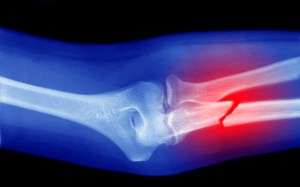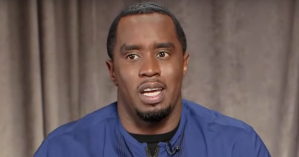Most retirees could be left out of the second stimulus check program, depending on how the legislation looks when it is finished. Several reports and public posts indicate that lawmakers might set the income threshold on the next batch of financial aid as low as $40,000. This could leave out retirees as a demographic, as the average income for seniors is $44,992, according to a report by The Motley Fool.
Seniors and retirees are in dangerous territory along with everyone else as the coronavirus pandemic worsens, and the economic recession with it. Senate Majority Leader Mitch McConnell, Federal Reserve Chairman Jerome Powell and other public officials have hinted that the second stimulus check might go to Americans making $40,000 or less on their last tax filing. This clause would skip over the majority of seniors, based on average income, if it comes to pass. The bill is still in the works, however, and there are signs that it might be more forgiving.
Videos by PopCulture.com
The United States Senate returned from a two-week recess on Monday and got to work on another stimulus package. McConnell’s office is writing the legislation, and on Tuesday, The Associated Press reported that McConnell might be targeting a higher income threshold — perhaps $75,000 annually.
Back in March, the first big coronavirus relief stimulus package — the CARES Act — issued stimulus checks to anyone making $99,000 annually or less on their last tax filing. The payments were worth $1,200 for individuals making $75,000 or less, and they dropped by $5 for every $100 in a person’s annual income beyond that. So, a person making $75,100 would have gotten a check worth $1,195, a person making $75,200 would have gotten $1,190, and so on.
We do not know for sure what the second package’s system will look like, or even if it will resemble this one just yet. So far, McConnell and other Republicans have hinted at a $40,000 cutoff, while reporters have heard whispers of a $75,000 cutoff. Still, it is not clear in either case whether that is the point at which the payments start decreasing in value or the point where they stop altogether.
Either way, it could be even longer than expected before Americans see the contents of the legislation anyway, as McConnell and White House officials clashed over the bill on Tuesday, according to a report by Axios. President Donald Trump is reportedly displeased with the amount of funding for new coronavirus testing in McConnell’s proposal, and with its use of payroll tax cuts as well. McConnell is said to be worried that the Senate will miss its July 31 deadline to pass the bill.









